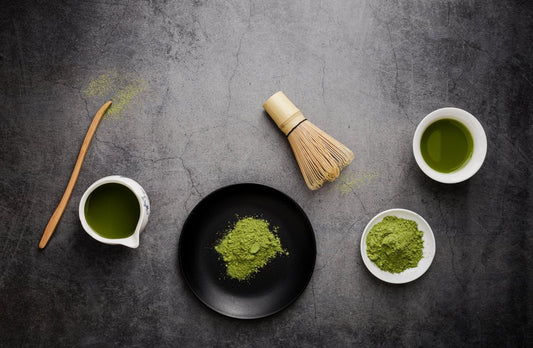The Rich Heritage and Cultural Significance of Chai Tea
Chai tea, renowned for its invigorating aroma and taste, is much more than just a beverage. It is a symbol of Indian culture and hospitality. In this blog post, we explore the historical roots of chai tea and its enduring importance in Indian society.
The Ancient History of Chai: Brewing Tradition Over Centuries
Chai tea has a storied history in India, with its beginnings reaching back to the 900 AD. The blend of aromatic spices and black tea was introduced to India by the British East India Company in the early 1800s. But, the practice of brewing these ingredients predates even that era.
Chai: The Social Fabric of India
The versatility and affordability of chai made it an instant hit across the nation. Its role as a social enabler can't be overstated; sharing a cup of chai is considered an act of warmth and hospitality in Indian culture.
The Regional Tastes: A Melting Pot of Flavours
The beauty of chai lies in its regional variations. Whether it’s the addition of nutmeg and saffron in the North or the use of fennel in the South, the core essence of chai is embellished with a plethora of local spices.
The Renaissance of Chai: A Global Phenomenon
The 1980s marked a significant resurgence in the popularity of chai tea, both in India and globally. This renewed interest has had a positive impact on India's economy through increased exports of tea and spices.
The Timeless Allure of Chai Tea
Chai tea, deeply embedded in Indian culture, continues to be a universal favourite. Beyond its aromatic flavours, chai serves as a social glue, fostering connections and symbolizing Indian hospitality. Its enduring appeal is evident as it keeps adapting to modern tastes while retaining its traditional richness.




